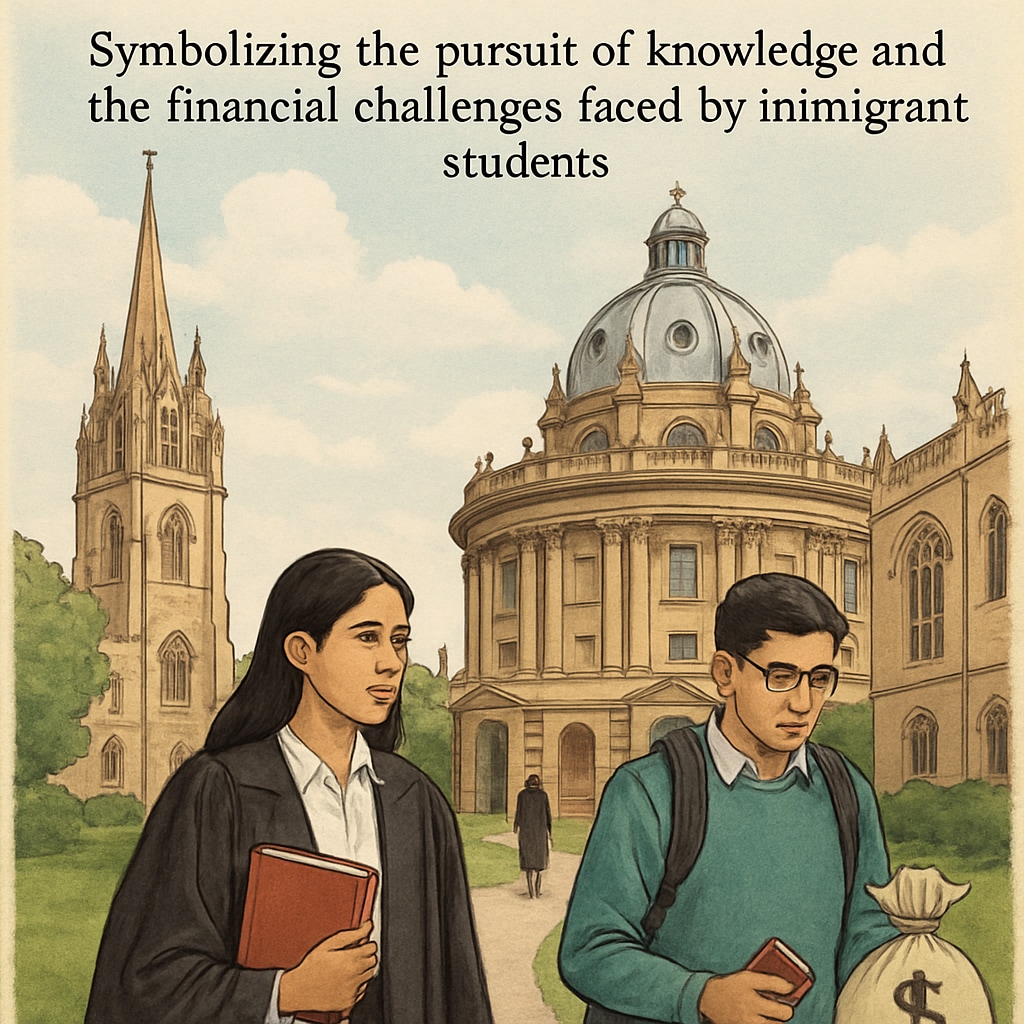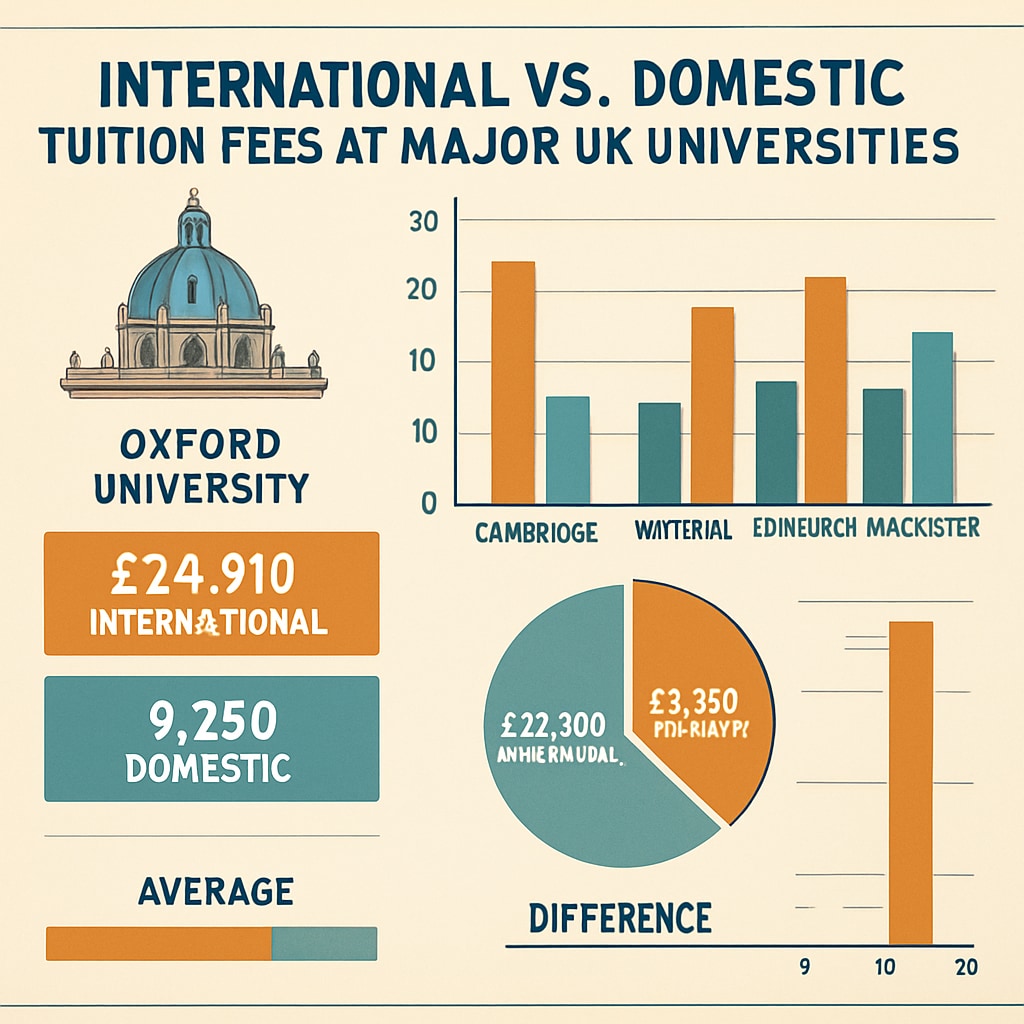For many immigrant students, the dream of studying at prestigious institutions like Oxford University often comes with the harsh reality of high international student fees. While academic admissions may validate their potential, the financial barriers tied to immigration status can extinguish their aspirations. This article delves into the case of a Nigerian student who earned a coveted place at Oxford but faced insurmountable international tuition costs due to their immigration status, sparking a broader discussion on educational inequality and the policies impacting immigrant families.
Immigrant Students and the Cost of Aspiration
Immigrant students often navigate a labyrinth of challenges when pursuing higher education in foreign countries. Despite their academic achievements, they are frequently classified as international students, resulting in significantly higher tuition fees compared to domestic counterparts. For example, Oxford University charges international students tuition fees that can exceed £30,000 per year, a stark contrast to the rates for local students.
Take the case of a Nigerian student whose story encapsulates the struggle faced by many. Despite being a resident within the UK, their immigration status meant they were not eligible for domestic tuition rates. This classification forced the family to grapple with the monumental financial burden of international fees, ultimately threatening the student’s ability to attend Oxford.

The Policy Gap: Why Immigration Status Matters
Immigration status plays a pivotal role in determining tuition fees. Many universities classify students based on their residency and visa type, often ignoring years spent living or studying in the host country. This rigid approach disproportionately affects immigrant families, many of whom already face financial strain due to relocation and legal processes.
Current policies fail to account for the nuanced realities of immigrant students—individuals who may have grown up and integrated into the local community but are excluded from domestic tuition benefits. As a result, their academic dreams are often overshadowed by financial hurdles.

Potential Solutions to Bridge the Gap
To address these inequalities, several measures could be implemented:
- Policy Reform: Universities and governments could revise their fee classification criteria to consider residency duration and integration into the local community.
- Scholarship Programs: Institutions like Oxford could develop scholarships specifically aimed at immigrant students facing financial barriers.
- Advocacy and Awareness: Raising public awareness about the challenges immigrant students face can help drive change and support policy evolution.
Additionally, organizations and advocacy groups can play a critical role in lobbying for fairer tuition policies, ensuring immigrant students are not excluded from accessing education due to financial restrictions.
Conclusion: The Need for Inclusive Education
The case of immigrant students struggling with international fees highlights the need for a more inclusive approach to higher education. Institutions like Oxford University represent the pinnacle of academic achievement, but their policies must evolve to ensure equitable access for all. By addressing the financial disparities tied to immigration status, universities can reaffirm their commitment to diversity and academic excellence.
As education continues to be a powerful tool for social mobility, removing barriers for immigrant students is not only an ethical imperative but also a step towards a more equitable global society.
Readability guidance: The article uses concise paragraphs, accessible language, and lists to summarize key solutions. Transition words create fluidity, while limiting passive voice ensures clarity and engagement.


